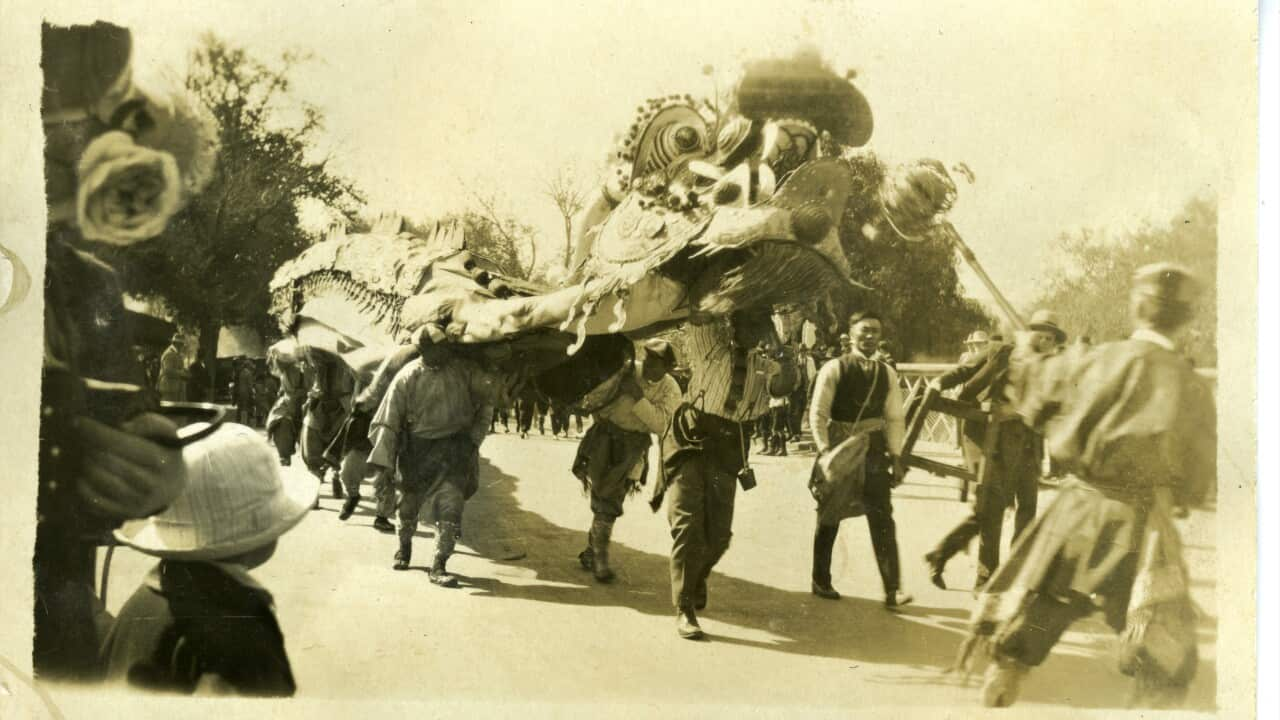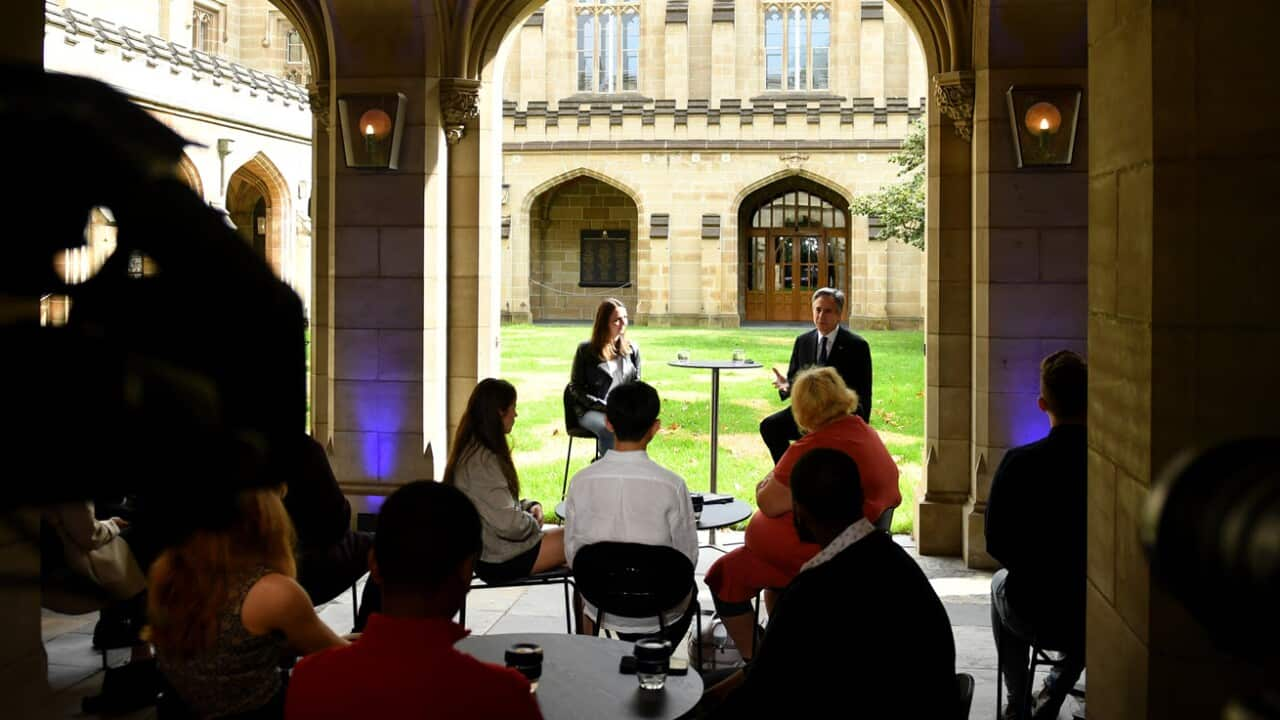Key Points
- Two women established informal Cantonese language sessions, Cantobee, to help children improve and maintain their mother tongue
- Cantobee volunteers say children are more likely to pick up their mother tongue quicker if they learn it with their peers
- Storytime sessions in Mandarin tend to be more common than Cantonese, the second most spoken Chinese language in Australia
For many migrant parents, settling into a new country is a Herculean challenge. While adapting to a new life in an unfamiliar society, migrants attempt to retain their sense of identity and pass on their cultures to subsequent generations.
, the four most spoken languages at home in Australia, aside from English, are Mandarin (2.7 per cent), Arabic (1.4 per cent), Vietnamese (1.3 per cent) and Cantonese (1.2 per cent).
.jpeg?imwidth=1280)
Cantobee volunteers sometimes create their own stories to share with children.
One team of volunteers in Melbourne is determined to reverse this trend.
They're fighting to preserve and promote their mother tongue by setting up informal Cantonese language lessons to immerse children in their mother tongue, with the hope they can carry on their cultural legacy.
'Cantobee' was established in August last year. It started off with a few participants and now there are several families who attend.
The class starts at 9.30am and takes place inside a cafe in Lower Templestowe in Melbourne's northeast. Parents take their children, ranging in age from toddlers to kindergarten level, to the get-together. The volunteers say the children enjoy listening to stories.
Founders, Sonia Ho and Tiffany Ip, say they came up with the idea of teaching Cantonese through storytelling in an immersive situation to make it easier for children to gradually improve their language skills as they aged.

Cantobee founders Sonia Ho (L) and Tiffany Ip (R)。
We treat the meetings like play dates. When we put up a Facebook post for our first get-together, we didn't expect to get so many responses.Sonia Ho
Ms Ho, who is from Hong Kong, has lived in Melbourne for more than 10 years. She says she noticed that storytelling sessions at her local libraries were offered in Greek for children, but not Cantonese. So she says she decided to set up a Cantonese learning environment to benefit her community in the same way.
"We hope children can start to listen and speak more Cantonese at an early age, and we hope it can pique their interest," she said.
"Children's minds are like sponges, and we should start teaching them the language as early as possible. So they can, for example, enjoy Cantonese language music or watch TV shows like 'Dragon Ball' in Cantonese."
Ms Ip said: My husband came to Australia when he was three. He loves watching 'Dragon Ball' and enjoys listening to Hacken Lee's songs. He learnt Cantonese that way."

Tiffany Ip migrated to Australia as a young child, but still speaks Cantonese at home.
She adds that the uniqueness of Cantobee is that the participants and volunteers are not necessarily Hong Kong migrants but also people born in Australia who are keen to keep their Cantonese skills alive.
She said: "My children are born in Australia, but I read them stories in Cantonese and encourage them to speak Cantonese to their grandparents. I hope my children could follow the footsteps of my husband and I in preserving our mother tongue."
"Many participants are from Hong Kong. When we get together, they feel a sense of closeness because they don't have many family and friends in Australia."
Participant Esther Khoo, who also migrated from Hong Kong to Australia at a young age, says she hopes her children can preserve Cantonese and communicate with their grandparents. She believes storytime is a chance for children to learn Cantonese together.

Esther Khoo says Cantobee offers an opportunity for children to learn Cantonese from interacting with each other.
"When children attend Cantobee, it gives them more opportunities to use Cantonese. So they understand speaking Cantonese isn't just limited to communicating with their parents. When children learn together with their peers, they pick up the language quicker."

The group gathers several times a month in Melbourne's northeast.
She said: "My son was three when he arrived in Australia, and has some knowledge of Hong Kong culture. Specifically, we have Hong Kong-style Cantonese, where we include a bit of Hong Kong slang in our speech. This is an important factor in Hong Kong identity."
Cantobee is currently undertaking an online survey to get an understanding if families from other parts of Melbourne would be interested in similar get-togethers. The team hopes the more families that take part in the sessions, the more opportunities there will be to promote and preserve Cantonese.



